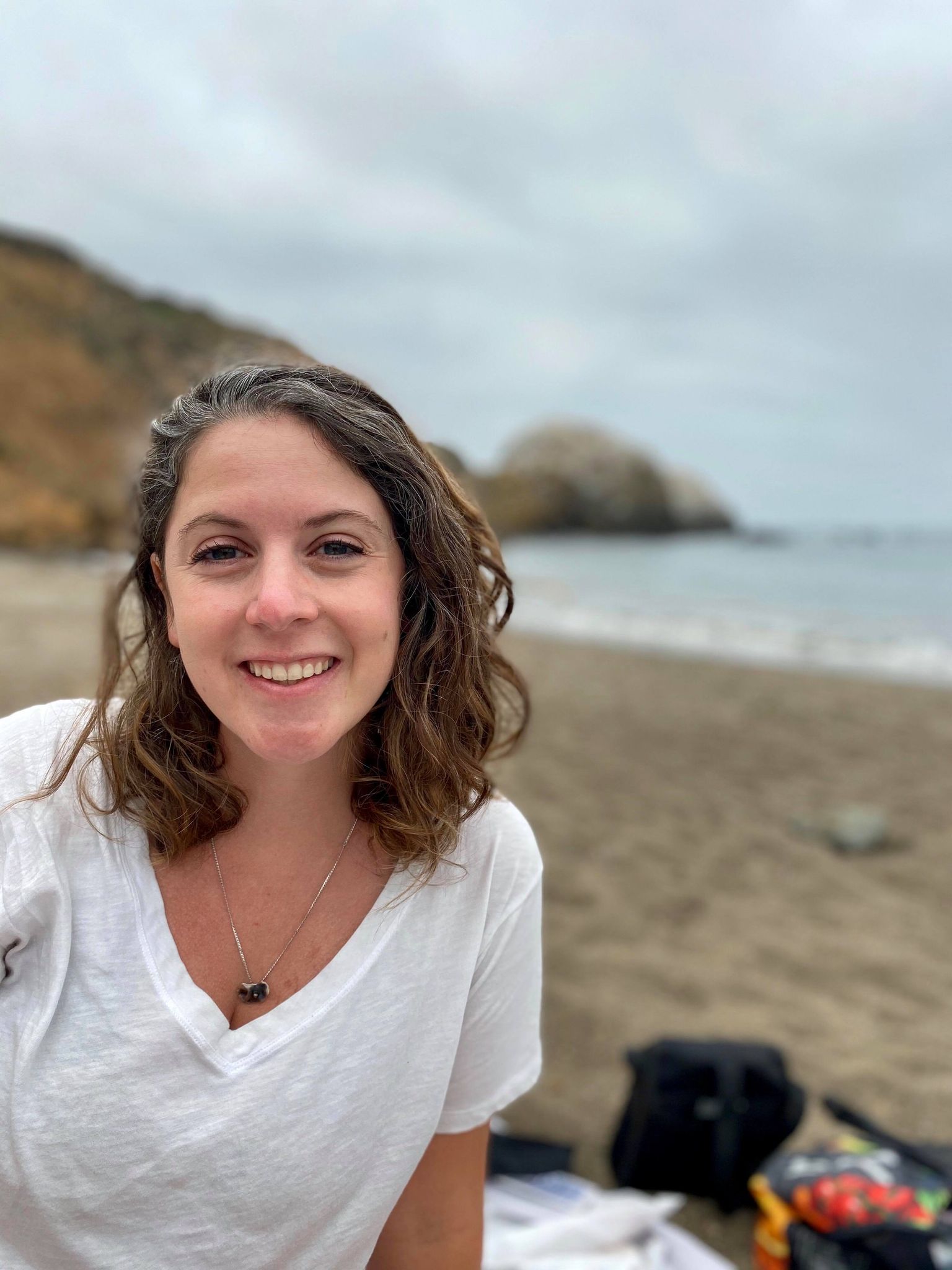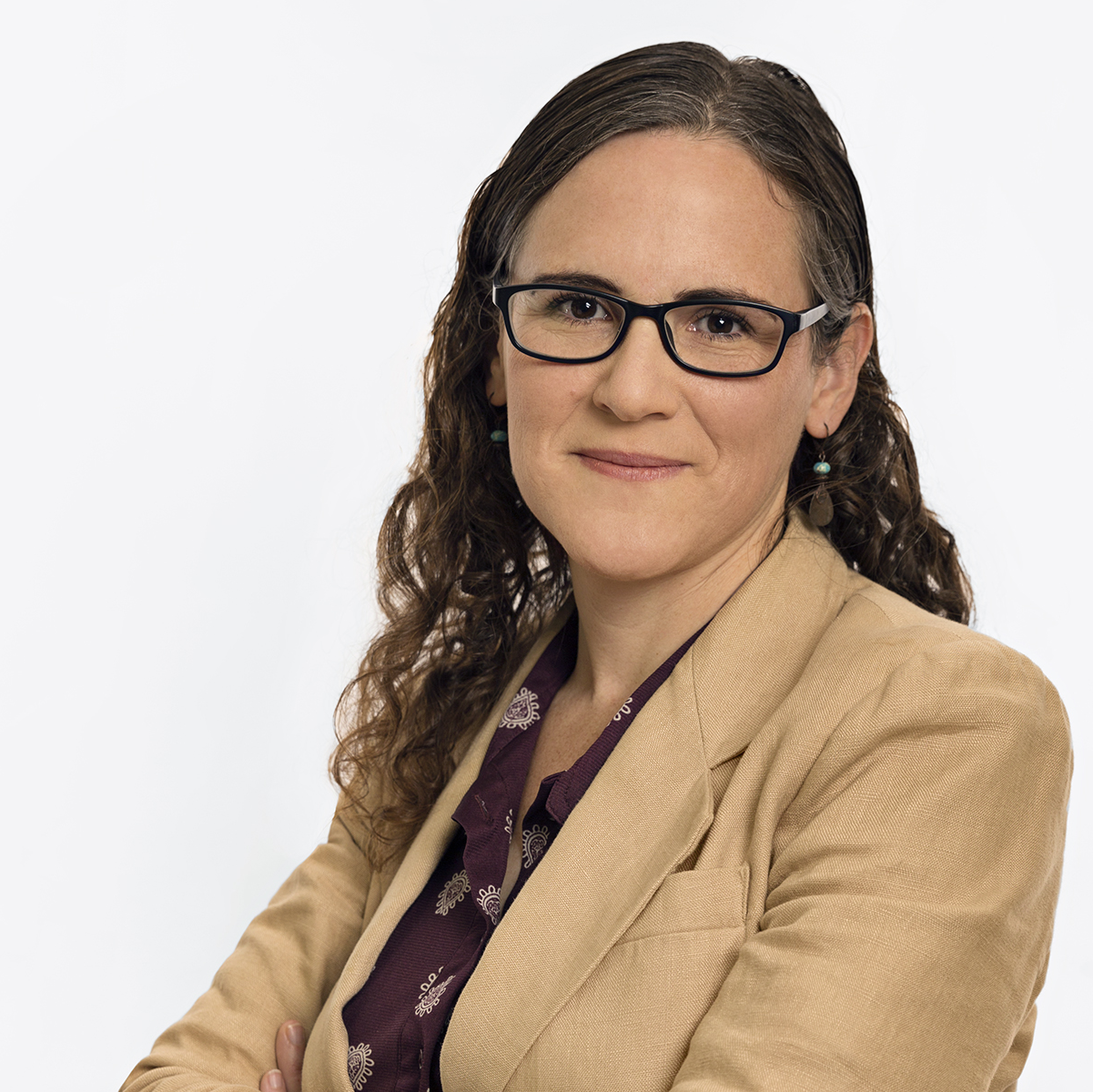
Morgan Kelly, PI
email: morgankelly@lsu.edu
phone: 225.578.0224 | office: LSA 309 | lab: LSA 325/327
Morgan uses experiments, population re-sequencing and laboratory physiology experiments to identify mechanisms of adaptation to the abiotic environment and to understand the mechanistic overlap
between plastic and evolved responses to stress. (full cv)
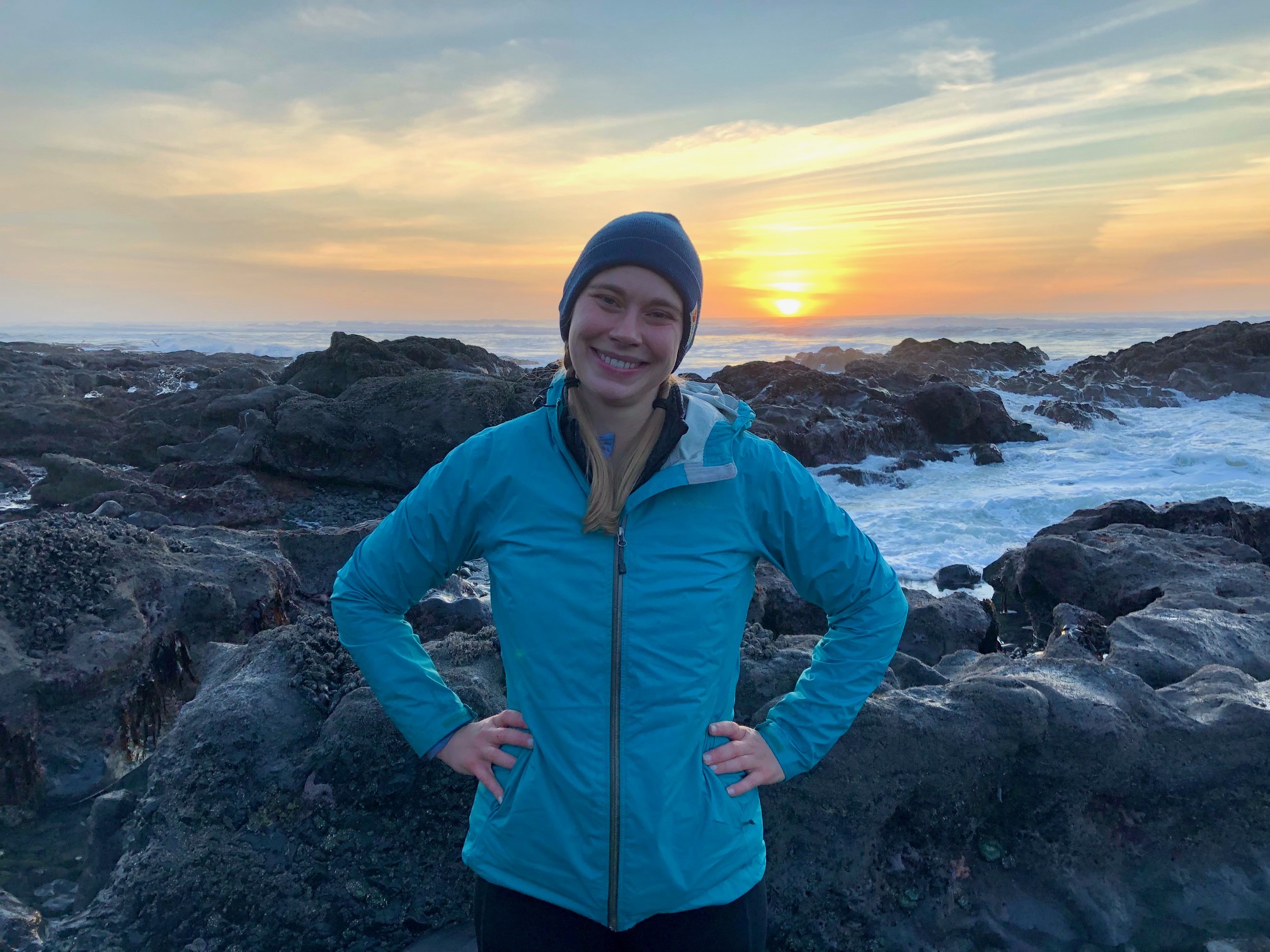
Isabelle Neylan, Postdoc
Isabelle is interested in understanding how organisms, particularly marine invertebrates, respond to and are impacted by stressful conditions both within and across generations. She is currently working with splash pool copepods to try and gain more insight into what conditions favor different forms of plasticity (developmental, reversible acclimation, transgenerational) and how these various forms may interact to create optimal phenotypes as well as possible molecular mechanisms for these changes.
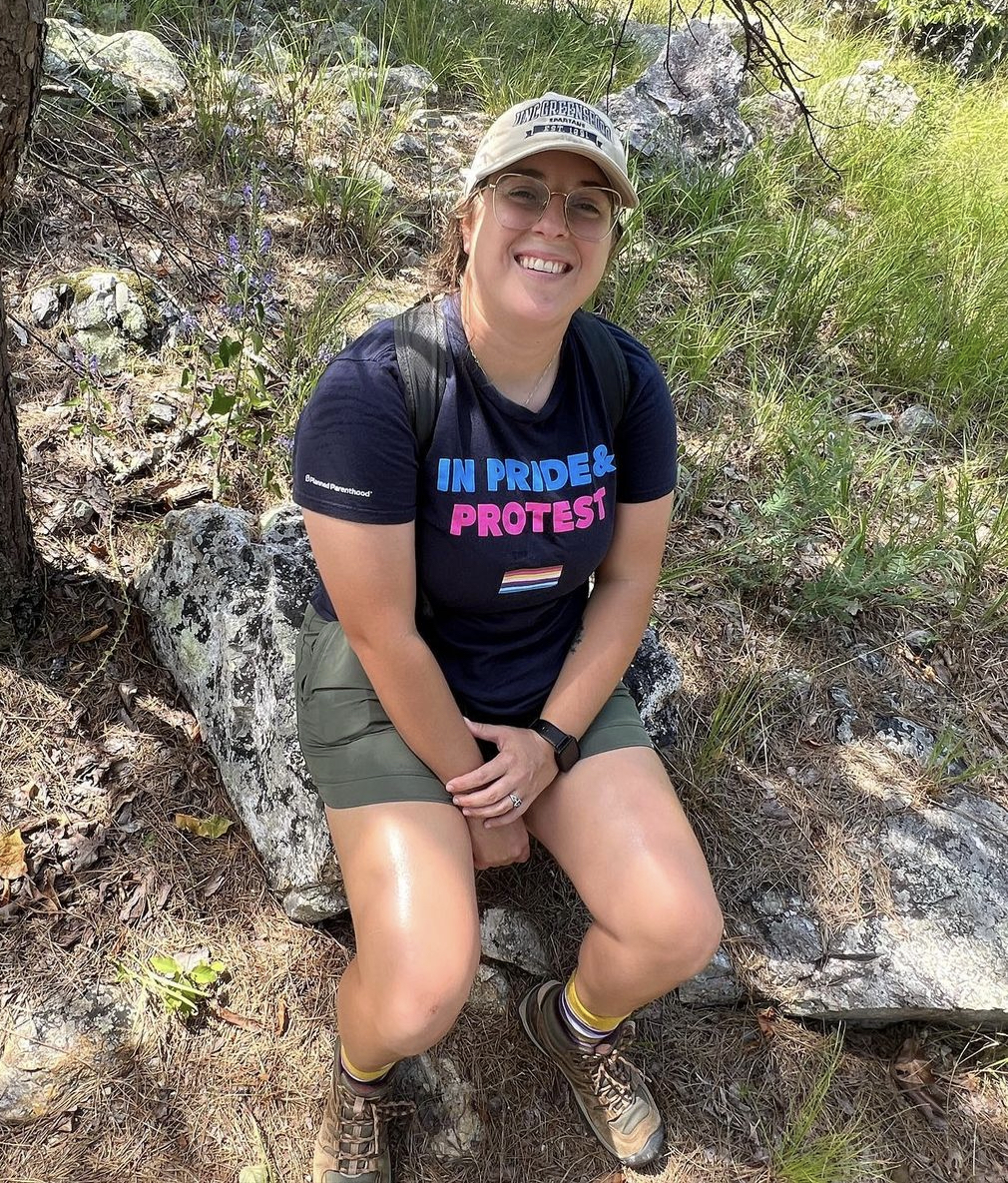
Jamie Phelps, PhD Student
Jamie is interested in understanding drivers of phenotypic variation. She uses marine (Tigriopus) and terrestrial (Lepidoptera) systems to answer questions about plasticity, life history trade-offs, and sexual dimorphism.
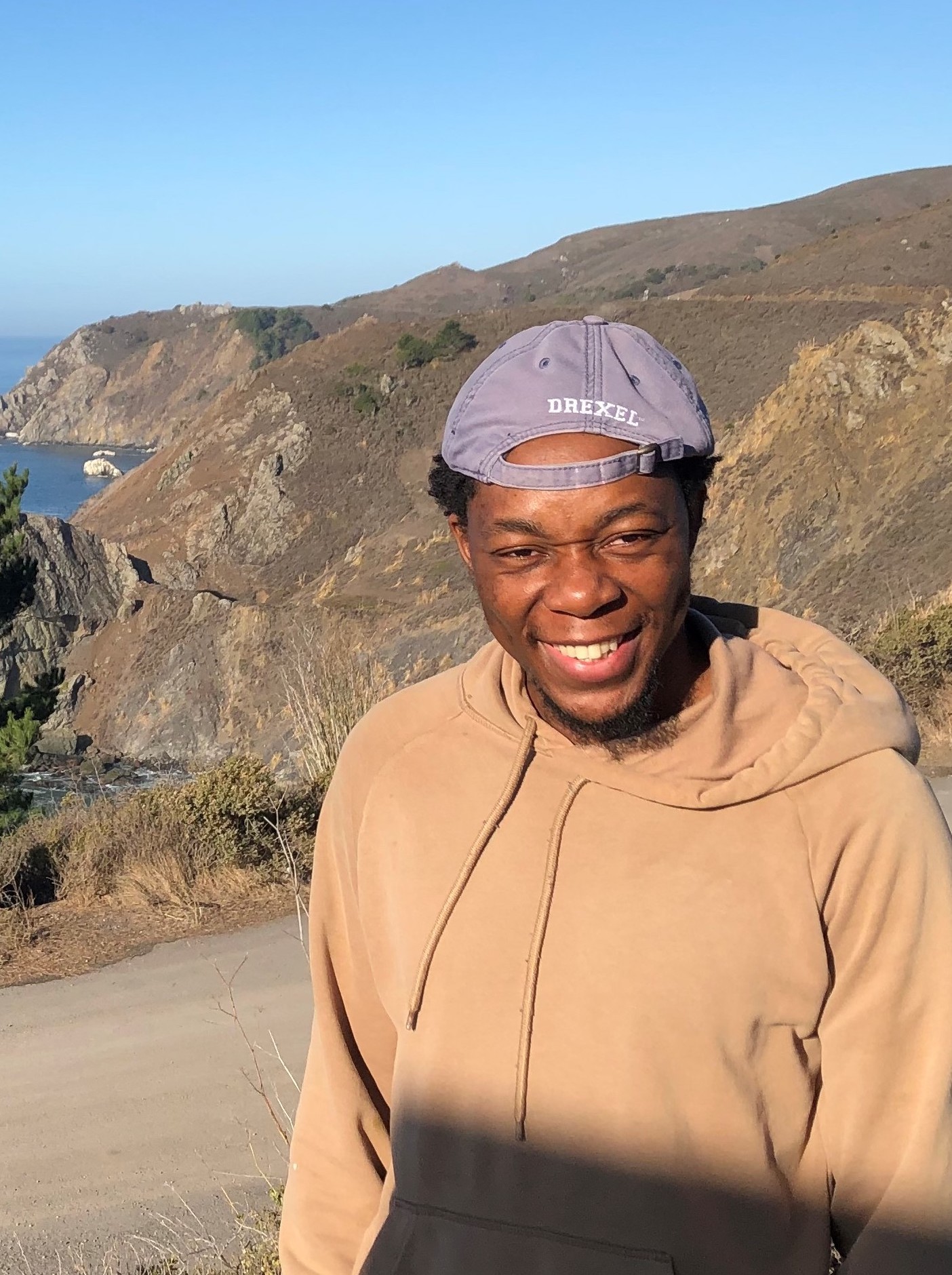
Abdul Ada, PhD Student
Abdul is interested in using genomic and computational tools to (i) untangle historical and contemporary processes shaping biodiversity and population differentiation in marine invertebrates, and (ii) understand how these differentiated populations will respond to global warming and acidification. In his free time he enjoys sharing and learning cultural values.
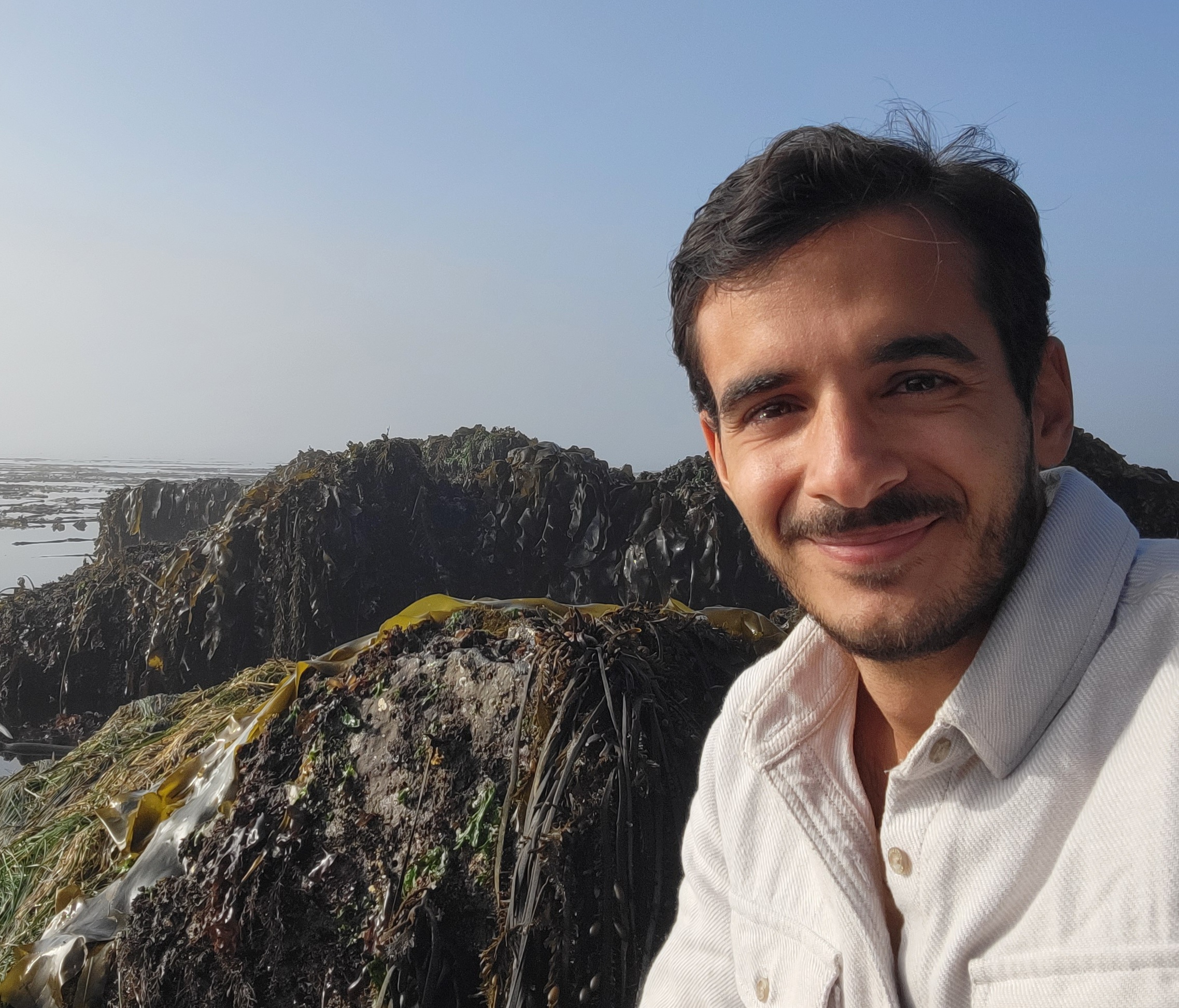
Wissam Jawad, PhD Student
I study how intertidal animals cope with increasing heat stress due to climate change. In particular I focus on how animals use behaviors and physiological mechanisms to cope with heat waves, and how these responses are altered by interactions with other species like local predators. I'm also interested in understanding how behavioral thermoregulation can influence the evolution of thermal tolerance between populations, and the implications for genetic rescue as marine habitats get warmer.
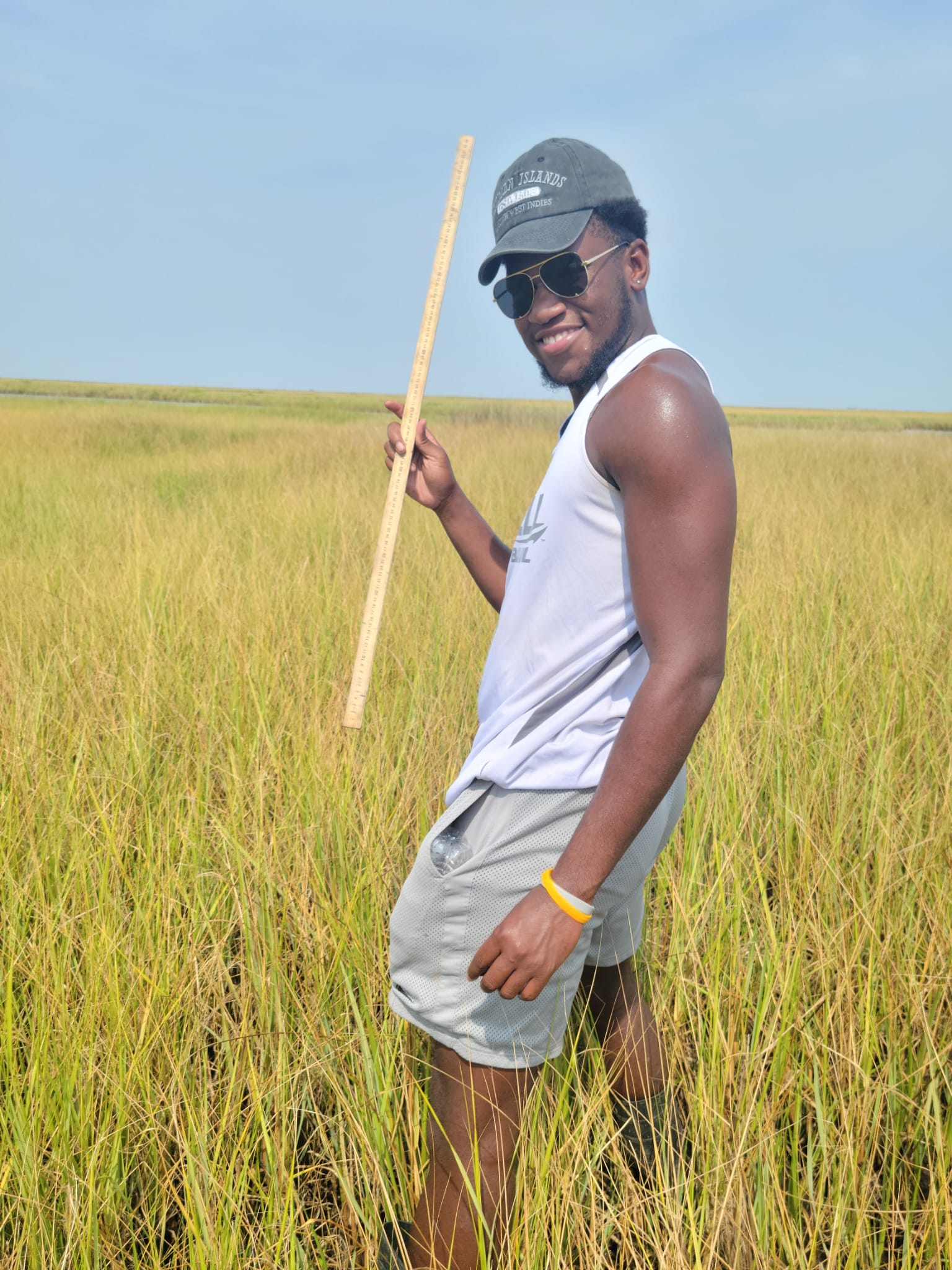
Ahmani Browne, PhD Student
I am broadly interested in the interactions between species in coastal ecosystems. I plan to study the effect of drifting Sargassum algae on seagrass communities, species biodiversity and beach morphology.
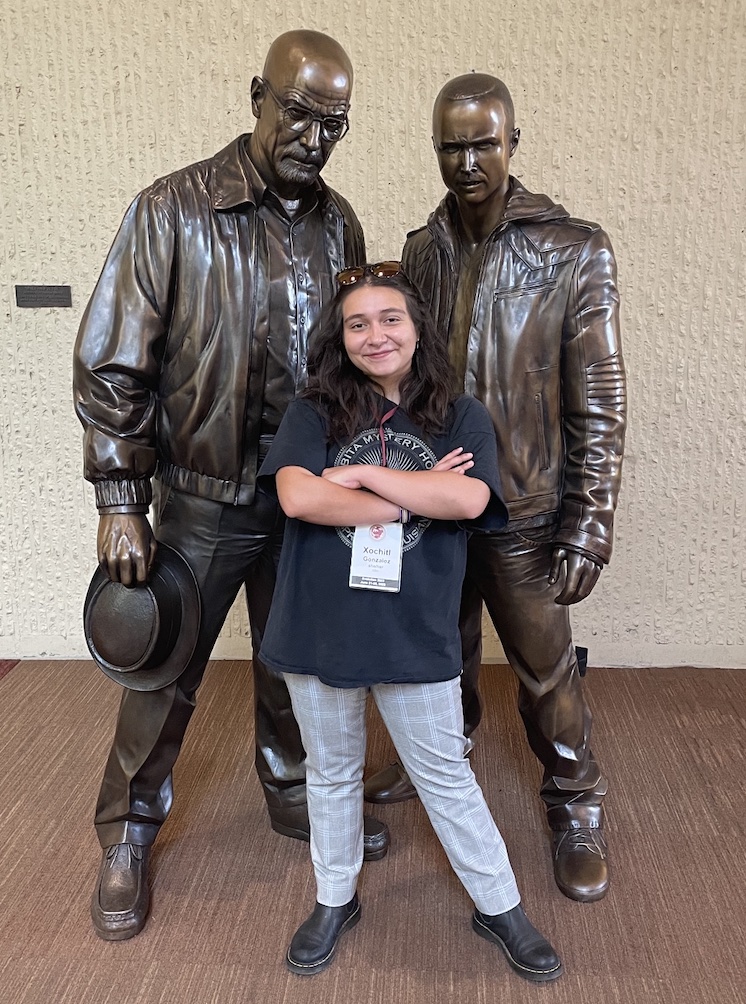
Xochitl Gonzalez, Undergraduate Researcher
Xochitl is a Biochemistry major who has joined team Copepod! She loves counting copepods, running RNA extractions, and baking!

Mark Yeats, MS Student
Mark is researching how parental environments shape offspring's gene expression in marine invertebrates, specifically, oysters. Understanding the makeup of this cross-generational plasticity enables one to identify if offspring retain parental information via non-genetic inheritance. Methodologies in genomics and transcriptomics can catalog the expression of genes across generations to identify patterns in gene plasticity. Adapting to climate change will take time (i.e., generations), and by blending these biological concepts, one can investigate if species are retaining the capacity to adapt.
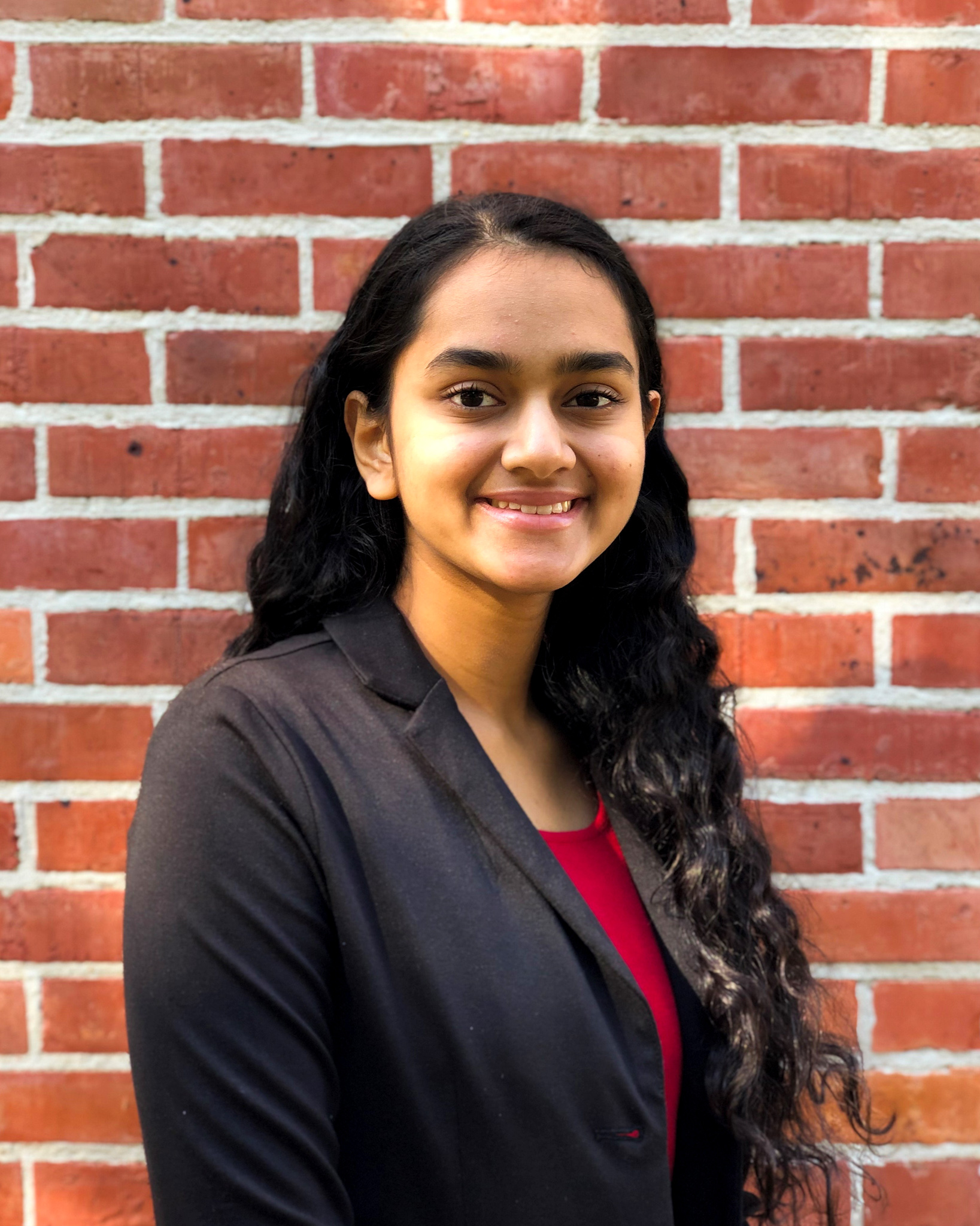
Ria Salaway, Undergraduate Researcher
Ria is a marine biology major interested in climate change research, scientific communication, ecology, and physiological and behavioral research. She has worked on several projects in the Kelly lab related to how marine invertebrates respond to climate stress. She is currently involved in research analyzing the expression of heat-shock proteins between different populations of sea snails. She loves marine science, filmmaking, and anything nature-related!

Emma Crable, Lab Manager Extraordinairre
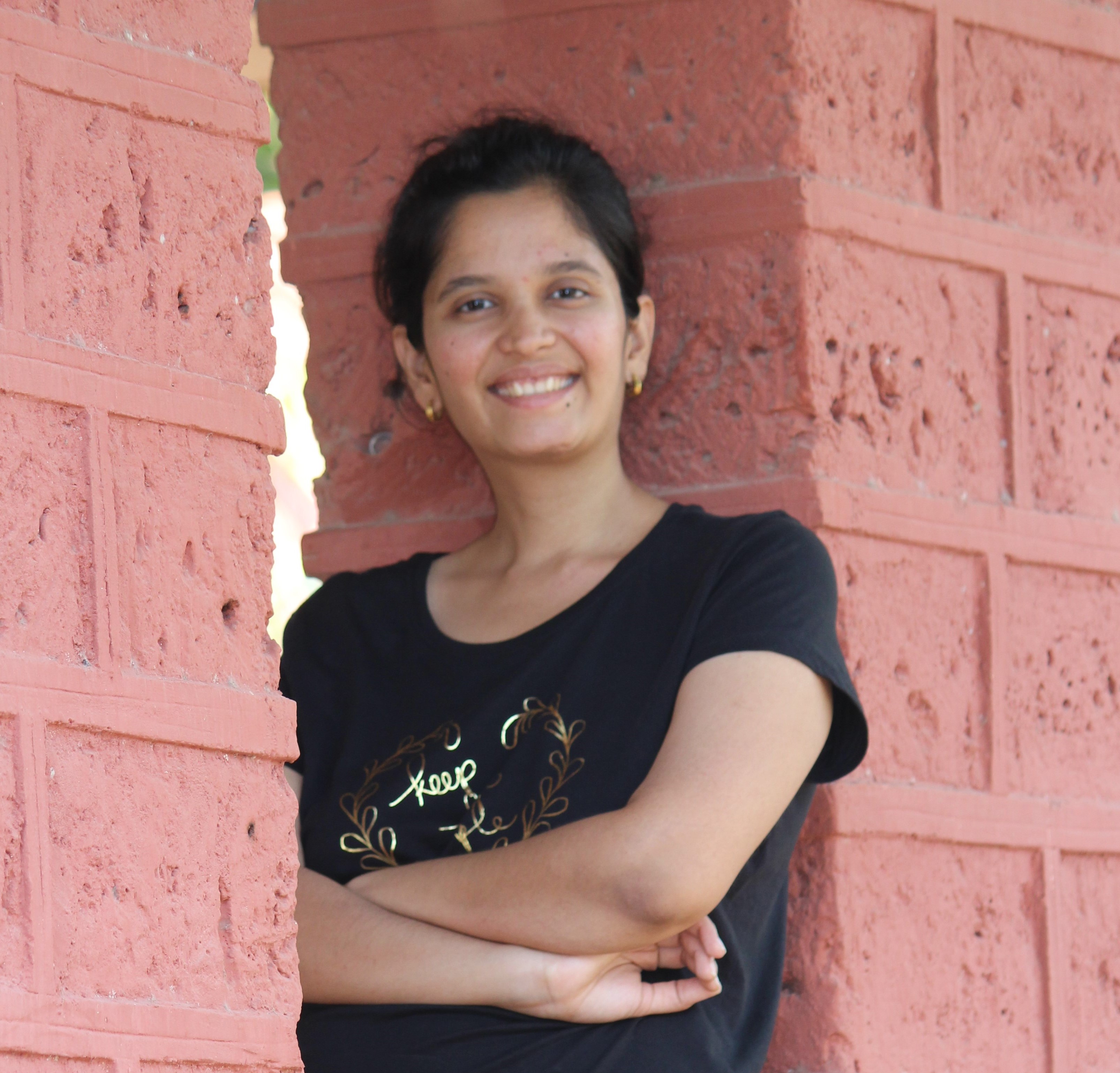
Rujuta Vaidya, PhD Student
Rujuta is interested in understanding the genetic basis of stress responses in marine invertebrates. She uses transcriptomics and molecular biology approaches to address two broad questions - identifying the genes involved in stress response, and understanding how the interactions of these genes and their products enable an organism to survive in stressful conditions. She enjoys explaining scientific concepts through written and verbal interactions. Outside the lab, she can be found doing nailart, reading a book, or trying out new recipes.
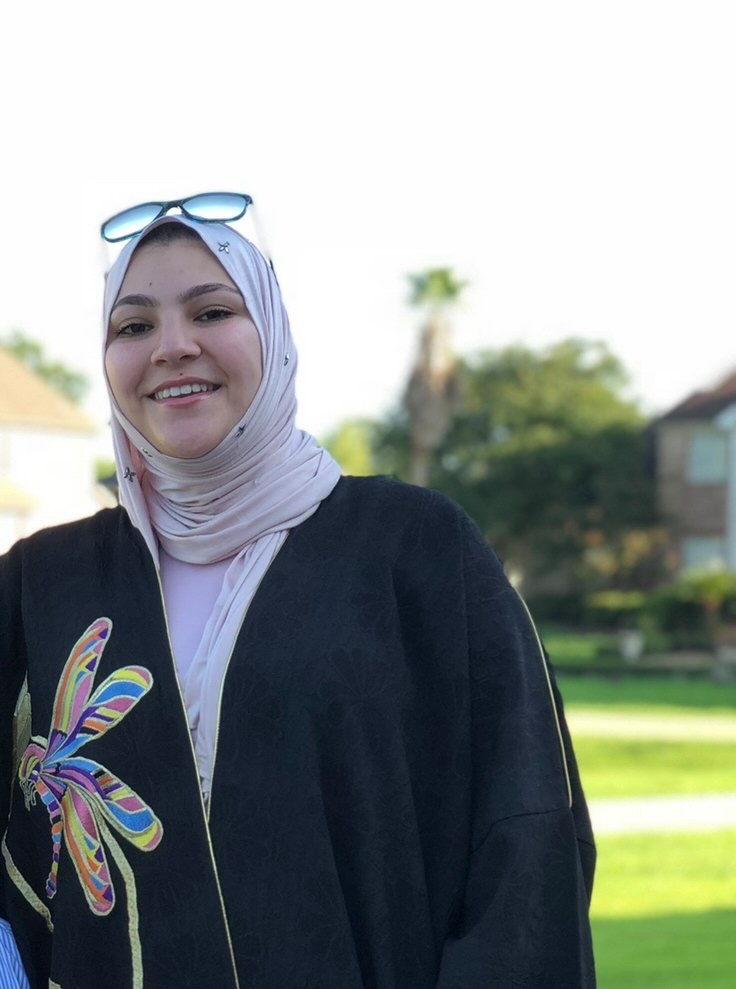
Maram Khalaf, Undergraduate Researcher
Maram is a Biology major with a concentration in education and minor in Arabic. She enjoys studying crabs and snails and is excited to start her own research project soon!

Michelle Fores-Acosta, Undergraduate Researcher
Michelle is a senior majoring in micro-biology and minoring in environmental toxicology. She is currently measuring changes in gene expression post heat shock exposure in copepods. She intends to pursue a master's in public health. Her interests include road trips, trying new food spots, or a night in with her cat
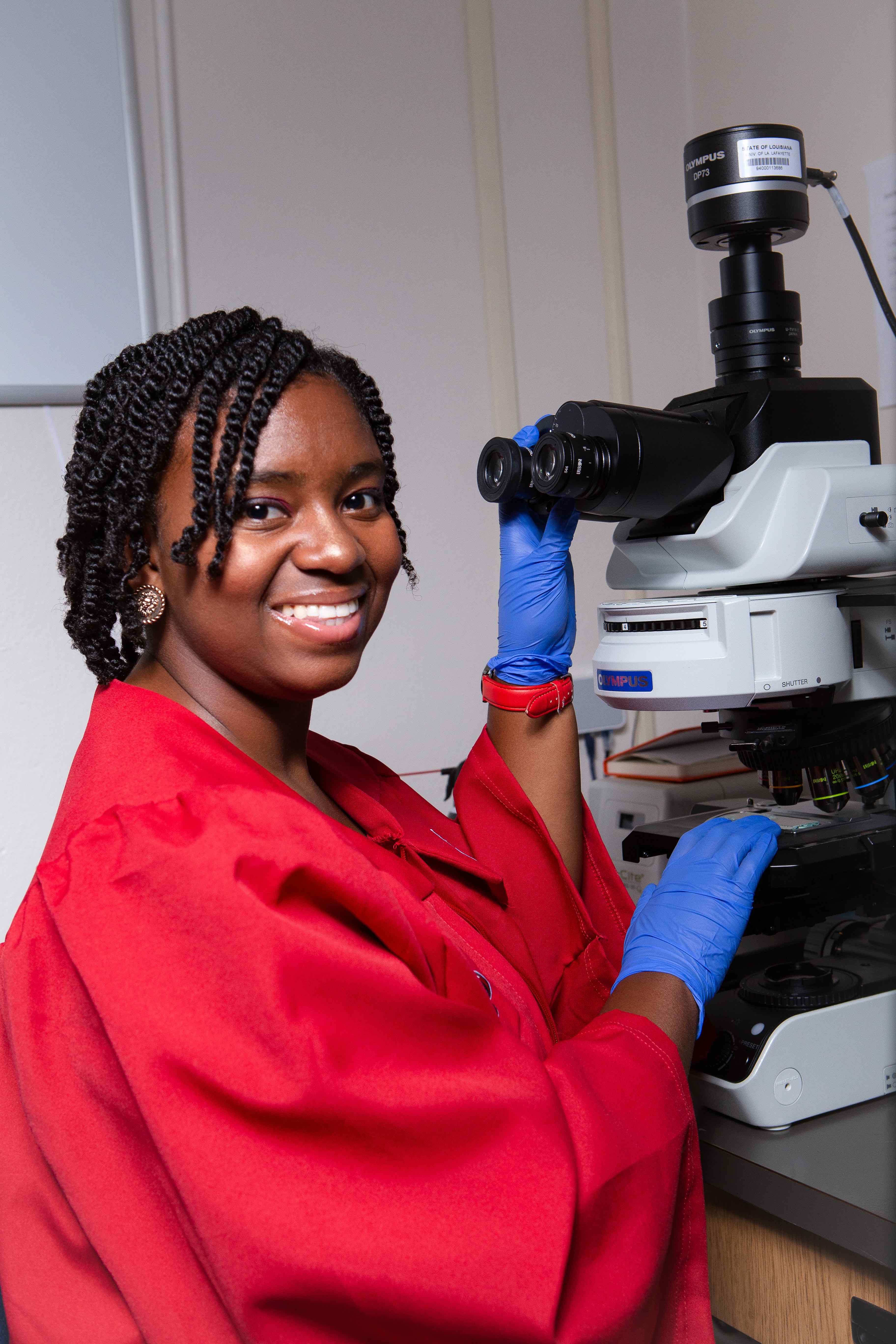
Jeanne Smith, Postbaccalaureate Researcher
I am a 2023-2024 Lagniappe Program Scholar. I graduated from the University of Louisiana at Lafayette with a BS in Biology and a concentration in ecology, evolution, and marine biology. My hobbies include watching movies, nature photography, and cooking. My project involves working with Littorina littorea periwinkle, testing factors that affect the rates and transmission of parasite disease. I ultimately want to correlate this to talking about what predictions we can make in regards to climate change. My future plans include attending graduate school to pursue a career in environmental policy and include science communication in the work I do. I am passionate about anything dealing with marine biology and spreading that knowledge to others, getting them involved in environmental issues that matter.

Ana Salgado, Lagniappe Program Coordinator
Ana conducted research on how organisms respond to variable ecosystems, with a primary focus on plant-herbivore interactions. She utilized lepidoptera as model systems to explore both genetic adaptations along elevational gradients and behavioral adaptations in response to drought and sodium conditions. Her work delved into the pivotal role of plants in these interactions, with a specific emphasis on comprehending how the quality of phytochemistry can be harnessed as a defense mechanism against herbivores. Furthermore, Ana contributes to our understanding of how populations with varying heat tolerance can genetically rescue at-risk populations under future climatic conditions.
Former Lab Members Where are they now?

Kevin Johnson, Postdoctoral Researcher
Now: Aquaculture Extension Specialist, California Sea Grant, California Polytechnic University
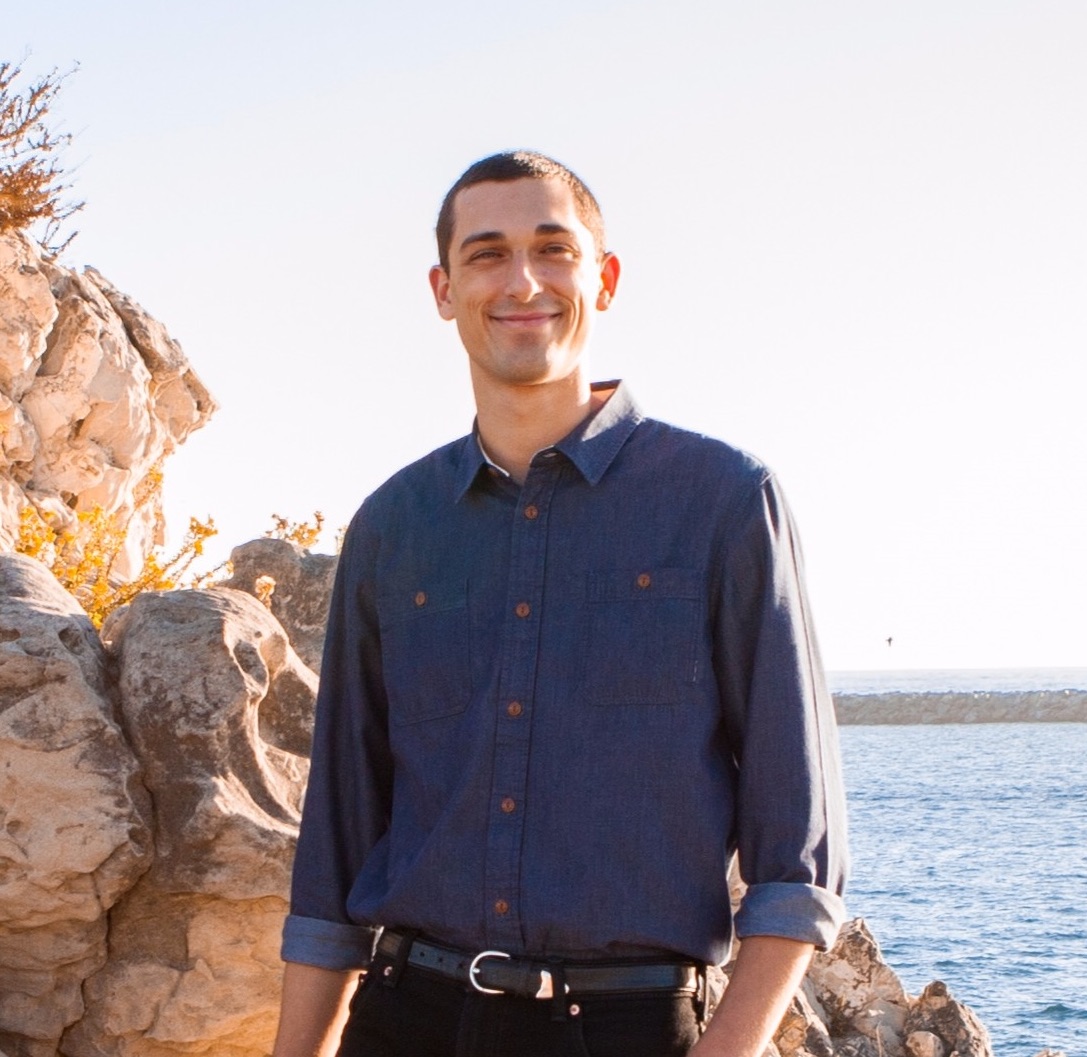
Kyle Sirovy, PhD Student
Kyle's research focuses on characterizing the genomic, transcriptomic, and physiological variation between populations of the eastern oyster (Crassostrea virginica) along a natural salinity gradient in the northern Gulf of Mexico to assess divergence in salinity tolerance and local adaptation.
More former lab members
-
Vidal Villela, undergraduate resercher
Now: LSU Med School, New Orleans -
Angela Yoon, undergraduate thesis
Now: LSU Vet School -
Colleen Cecola, undergraduate researcher
Now: LSU Med School, New Orleans
.
-
Yasmeen Kawji, undergraduate researcher
Now: LSU Med School, New Orleans -
Maggie Thomas, undergraduate researcher
Now: LSU Med School, New Orleans -
Michelle Gautreaux, undergraduate researcher
Now: LSU Med School, New Orleans -
Bennett Thomas,undergraduate researcher
Now: LSU Med School, Shreveport -
Devin Comba, undergraduate thesis
Now: ...


